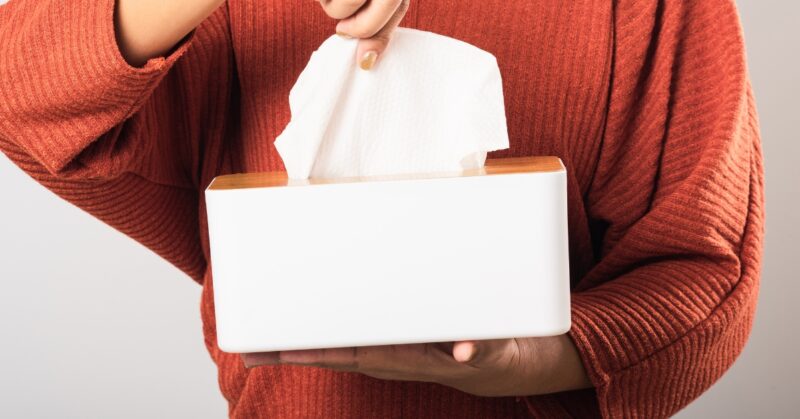As summer winds down, August brings more than just hot temperatures to the Borderland, it also signals the start of peak allergy season. Local health experts say this is the time when allergens like ragweed, dust, and mold spores are at their highest, causing sneezing, congestion, and itchy eyes for many residents.
Why Allergies Spike in August
In El Paso during August, the most prevalent allergens include grass pollen, particularly from species like Bermuda, rye, and prairie Koeler grasses, which remain active through late summer.
Ragweed pollen, which marks the start of fall allergy season, also becomes a significant trigger for many, as plants in the Ambrosia genus release enormous amounts of fine, windborne pollen beginning in August and lasting through November. In El Paso’s dry, dusty environment, dust and dust mites are constant irritants—especially outdoors during windy or arid conditions, even though dust mites tend to thrive indoors in more humid settings. Lastly, mold spores, which multiply in decaying organic material like grass clippings and leaf debris, also contribute to fall allergy symptoms in the region.
How to Reduce Your Exposure
While it’s impossible to eliminate allergens completely, there are steps you can take to reduce your exposure:
- Check your El Paso pollen count regularly! There are many apps that can easily track many cities at once.
- Change your clothes and remove shoes when coming in from the outdoors.
- Stay inside with closed doors and windows when pollen counts are at their highest.
- Change your air filters each season, so trapped mold and other allergens do not get released into the house.
- Install a HEPA filter to eliminate harmful allergens and particles.
- Use a dehumidifier set to keep indoor humidity below 50%.
- Consider replacing indoor carpet with wood or tile.
When to Seek Medical Advice
If over-the-counter allergy medications aren’t providing relief, or if symptoms interfere with your daily life, it may be time to consult a healthcare provider. In some cases, allergies can worsen asthma or cause sinus infections. Local clinics and allergy specialists can provide testing and tailored treatment options.










